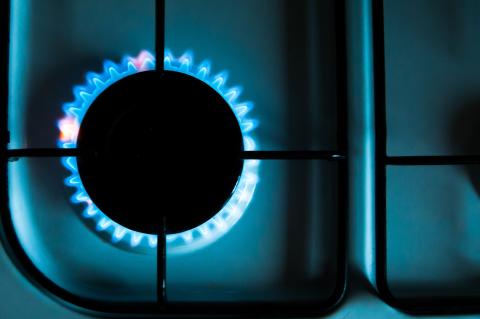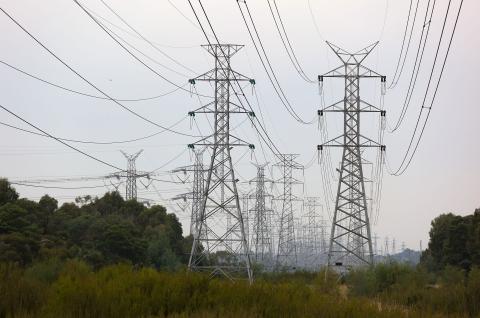Rix's Creek South continuation of mining project (SSD 6300): IEEFA's expert opinion to the NSW Independent Planning Commission
Download Full Version
Key Findings
The cost-benefit analysis holds no credibility where KPMG assumes that the Extension project will generate $159 million of corporate tax; however, they base their findings entirely on equity financing, which is unrealistic.
The major coal export markets of Australia, including Japan and South Korea, are already eroding.
More than 110 prominent financial institutions around the world have placed strict restrictions on coal divestment and/or coal lending.
Executive Summary
Coal mining is an industry that makes a significant contribution to the Australian economy, both through the direct investment and employment it creates, and through the significant contribution it makes to Australia's export balance. But it is also an industry that exists on the basis of using a very finite public asset for private gain. Profits are maximised by internalising benefits, and externalising costs onto the environment and public. The cost-benefit analysis (CBA) provided by KPMG extenuates this imbalance; talking up the benefits (as outlined in this advice), and minimising the cost externalities to the people of NSW.
The cost-benefit analysis lacks credibility
KPMG uses an outdated carbon price from March 2017 (a near record low and a quarter of the current price in October 2019) and then pro-ratas NSW's population as a share of the world total to take what would otherwise be a total scope 3 carbon emissions cost of $832m and reduce it to a NSW share of $0.46m. In my opinion, the global cost of this project's scope 3 emissions are 1,808 times the cost included in KPMG's CBA. KPMG assumes the Rix's Creek Extension Project will generate $159m of corporate tax, an entirely unrealistic assumption, based on 100% equity financing. We provide two NSW case studies showing the actual corporate cash tax paid by Australian coal mining firms is minimal, largely due to the ongoing use of significant interest expense deductions, a factor KMPG assumes to be zero. A logical assessment would likely derive a negative incremental net cost of the Rix's Creek Extension Project from the additional rehabilitation workload involved, particularly with regard to the perpetual costs of the final void. Instead, KPMG finds a net financial benefit to the proponent of $16m from the Rix's Creek Extension Project, ignoring the final void cost issue completely.
Coal’s structural decline has already started
South Korea, Japan and other key Australian export markets are already in a state of volume decline - technological obsolescence is building and eroding the coal market. The 40-50% coal price decline over 2018/19 means the revenue and royalty projections included in the CBA are likely materially overstated (Section 1). Global forecasts by the International Energy Agency (IEA) show the seaborne coal market will more than halve within two decades as the world acts on the Paris Agreement (Section 2).
Increasing global capital flight from coal
Over 110 globally significant financial institutions have put in place increasingly strict coal divestment and/or coal lending restrictions. Since the start of 2019, there has been a new coal investment / lending / insurance announcement almost every week from a globally significant financial institutions, including QBE Insurance, Suncorp and Commonwealth Bank in Australia.
The last month alone has seen FirstRand of South Africa, the African Development Bank, the European Investment Bank and Axis Capital (a major Lloyds insurer) all announce new coal exclusion policies.
Equally telling, we have seen the key Australian financial regulators likewise warning of the need for financial institutions to properly manage the growing financial system risk resulting from the inevitable response to global warming. The Australian Prudential Regulation Authority (APRA), the Australian Securities & Investment Commission (ASIC), the Reserve Bank of Australia (RBA) and the Australian Securities Exchange (ASX) have all raised new polices and highlighted the financial risks, including the massive, growing taxpayer burden of disaster funding of clean-up and recovery (Section 3).
IEEFA notes the critically important message delivered in July 2019 by BHP's Chief Executive Officer (CEO) Andrew Mackenzie in his landmark speech "Confronting Complexity: Evolving our approach to climate change". BHP has acknowledged the threat Australia and the world faces, with Mackenzie concluding: "But we must also face the challenges that come with these benefits. Because the world's dependence on fossil fuels carries risks with it that could be existential." NSW needs to prepare for an inevitable transition, and the first thing to do is to stop investing in even more fossil fuel capacity.
Please view full report PDF for references and sources.
















